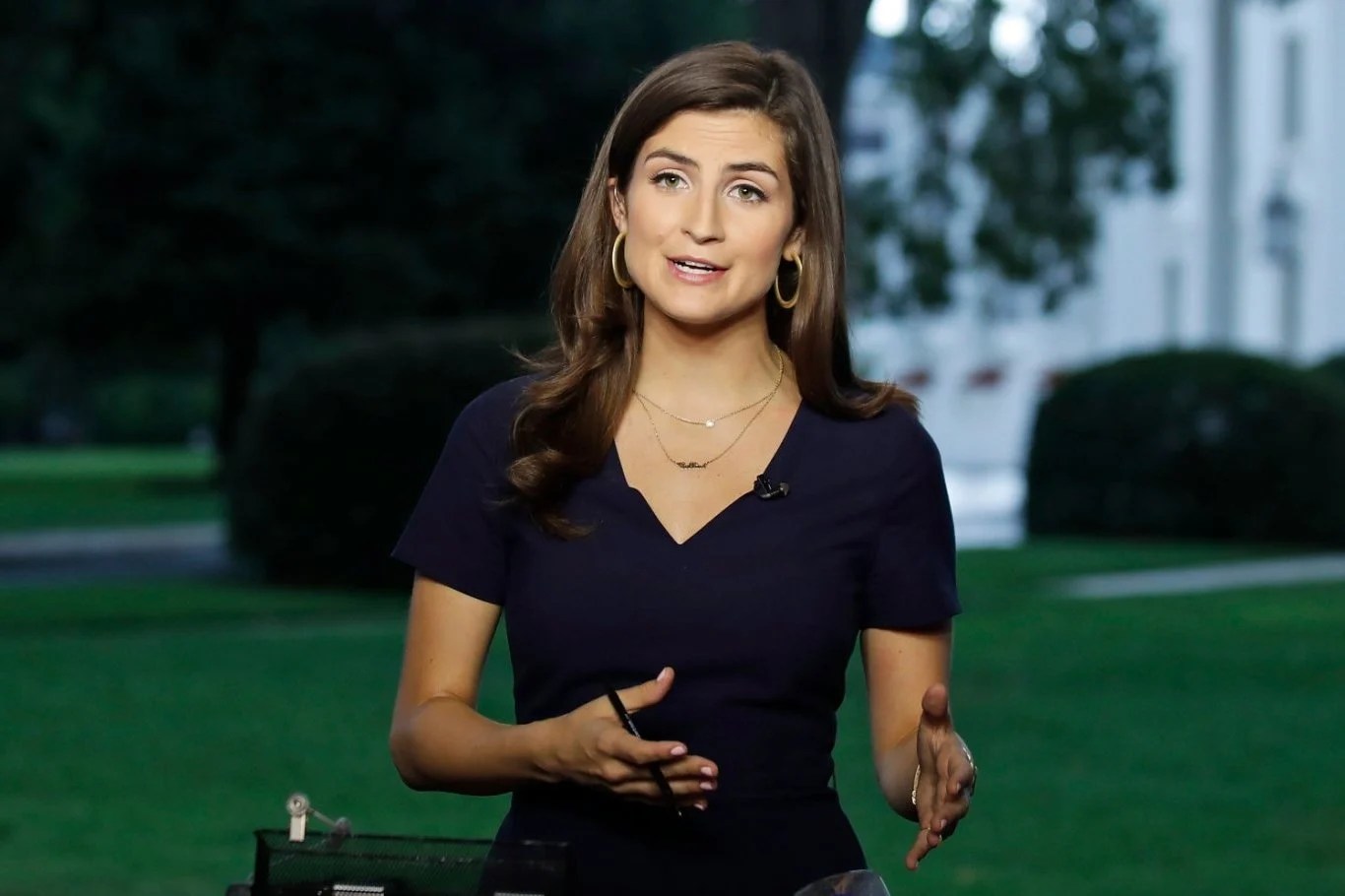The media landscape is constantly evolving, and in this turbulent environment, the careers of journalists and reporters can change in an instant. Recently, the news surrounding Kaitlan Collins has taken a dramatic turn with rumors of her being fired from her position. This article delves into the details surrounding this event, exploring the implications for Collins and the broader media community.
Kaitlan Collins has been a prominent figure in the world of journalism, known for her incisive reporting and ability to navigate the complexities of political news. As a White House correspondent, she garnered significant attention for her bold approach and willingness to ask tough questions. However, the recent speculation regarding her firing has raised eyebrows, prompting discussions about workplace dynamics and the pressures faced by journalists today.
The situation surrounding Kaitlan Collins fired seems to be more than just a rumor. As the media continues to scrutinize her career, many are left wondering what led to this unexpected turn of events. In this article, we will explore her biography, the circumstances of her firing, and the potential impact on her future endeavors in journalism.
Who is Kaitlan Collins?
Kaitlan Collins is a prominent American journalist, recognized for her work as a White House correspondent for CNN. Her career has been marked by her ability to engage with political figures and report on critical issues affecting the nation.
What is Kaitlan Collins' Background?
Collins was born on April 7, 1992, in Prattville, Alabama. She attended the University of Alabama, where she earned a degree in political science and journalism. Her career began at The Daily Caller, a conservative news site, before she transitioned to CNN, where she gained national prominence.
| Personal Details | Bio Data |
|---|---|
| Name | Kaitlan Collins |
| Date of Birth | April 7, 1992 |
| Birthplace | Prattville, Alabama |
| Education | University of Alabama |
| Occupation | Journalist |
| Notable Work | White House Correspondent for CNN |
Why Was Kaitlan Collins Fired?
The news of Kaitlan Collins fired has left many in the media industry shocked. Speculation suggests that internal conflicts and heightened tensions within the newsroom may have contributed to her departure. Various reports indicate that Collins' outspoken nature may have clashed with the network's management, leading to her unexpected exit.
What Were the Circumstances Surrounding Her Firing?
As details continue to emerge, it appears that Kaitlan Collins' firing may have been the result of a combination of factors, including editorial disagreements and differing visions for coverage. Sources close to the situation have hinted at a challenging work environment, where the pressure to deliver breaking news can often lead to friction among journalists.
How Has the Media Reacted to the News?
The media's reaction to Kaitlan Collins fired has been a mix of surprise and concern. Many journalists have expressed their support for Collins, praising her contributions to political reporting. Social media platforms have seen an outpouring of messages highlighting her dedication and encouraging her to continue her career elsewhere.
What Does the Future Hold for Kaitlan Collins?
While the news of Kaitlan Collins fired raises questions about her immediate future, it also opens doors for new opportunities. Journalists often face challenges in their careers, but resilience and adaptability can lead to exciting new paths. Many believe that Collins has the potential to thrive in other media outlets or even venture into different forms of journalism.
Will Kaitlan Collins Return to Political Reporting?
Given her background and expertise, it is likely that Kaitlan Collins will continue to pursue political reporting in some capacity. Whether she joins another news organization or embarks on independent projects, her experience and talent make her a valuable asset to the field.
What Can We Learn from Kaitlan Collins' Experience?
Kaitlan Collins' journey serves as a reminder of the challenges faced by journalists in today's media landscape. It highlights the importance of fostering a supportive work environment and the need for open communication within newsrooms. As the industry continues to evolve, the experiences of professionals like Collins will shape the future of journalism.
Conclusion: The Legacy of Kaitlan Collins
Kaitlan Collins fired may mark a significant turning point in her career, but it also underscores the realities of working in a high-pressure environment like journalism. As she navigates her next steps, her legacy as a courageous and determined reporter will undoubtedly leave a lasting impact on the industry. The media world eagerly anticipates her next move, and fans of her work are hopeful for her continued success.




